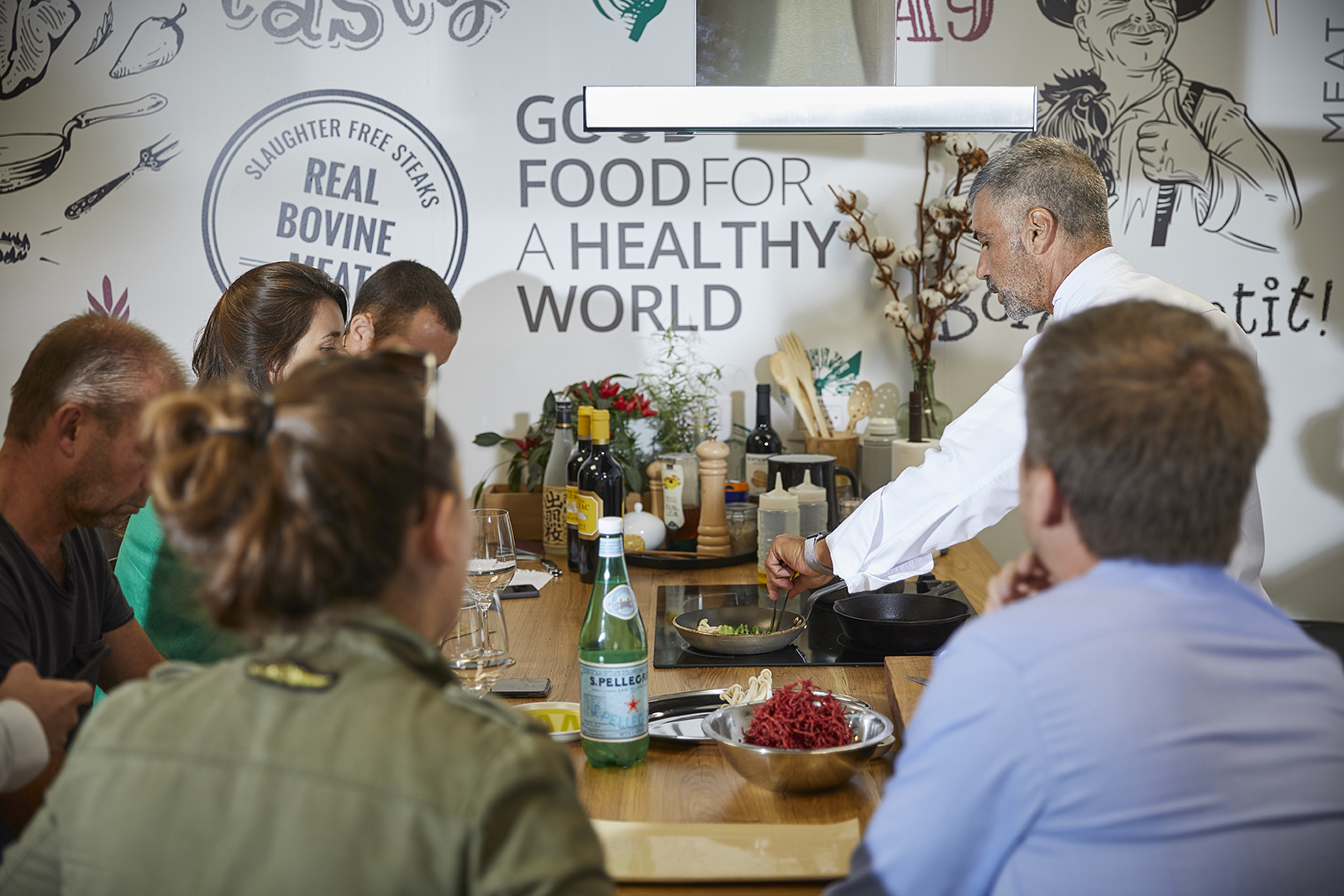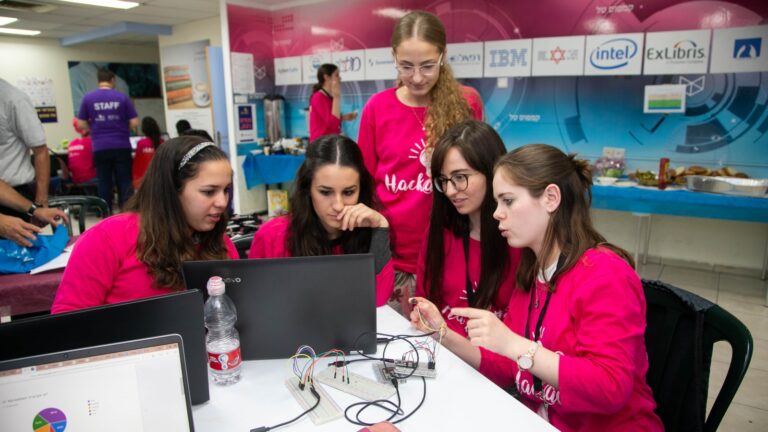Last time you went to a local coffee shop did you notice almond milk on the menu? Maybe you saw another type of milk that you weren’t familiar with and you aren’t alone. When I saw oat milk for the first time on a menu, which I had never heard of, I was skeptical. I wondered if it was healthy and if it was really worth ordering as a replacement to old fashioned cow milk. I did some research and decided to give it a try. Now oat milk is the only type of milk I drink but the health benefits weren’t the reason I changed my habits. I had assumed that only vegans or lactose intolerant people drank alternative milks but I was mistaken.
In my research, I kept seeing headlines about climate change and I thought, “How does milk relate to saving the planet?” Alternative food has become a big industry. The shift to a more sustainable food market means that we have a huge chance to replace the need to use nonrenewable resources and make our planet more healthy. PLANETech, a nonprofit focused on innovations that combat climate change, states that two of the main challenge areas that need to become more sustainable are agriculture and alternative proteins. This means that if there is growth in the amount of consumers switching to a more sustainable diet, which is the trend already, the alternative food market has the capability of really making a difference.
New ideas in the sustainable eating field are emerging, so this shift isn’t just hypothetical. Recent reports show that in the last three years, alternative proteins have rapidly become the focal point of tech startups, providing new areas of research and opportunity in food-tech and water-tech. Entrepreneurs and companies see that the market for sustainable food is growing, but businesses are also catching on to this trend. Redefine Meat, a company that uses 3D printers to produce their alternative meat, has sold their products to restaurants and hotels all over Europe and the US. Alternative foods don’t just make up a small portion of food sales anymore. Today, plant-based alternatives account for about 15% of milk sales worldwide and the industry is still growing. Surprisingly, even almond milk is not an adequate alternative since it takes excessive gallons of water to produce. Because of this, many who are concerned about renewable resources have tried to find new options such as Biomilk, which is a lab-created alternative to cow milk developed by Fantastic Farms.
The sustainable food industry is still changing and adjusting and it isn’t just the milk industry. The substitute meat industry has also grown tremendously. Alternative meats have grown in popularity for reasons beyond dietary restrictions. A company called Aleph Farms has developed a biotechnological engineering technique using cow cells, meaning that meat eaters have meat-based alternative options as well. Consumers now want to be more conscious with their eating and because of this, the market for alternative foods has grown past their market of people who strictly don’t eat meat. Sustainable eating is becoming an option that is more accessible to consumers and this makes those concerned optimistic in the fight to combat climate change.
As these markets grow and new innovations and ideas emerge, consumers have a question: “but is it healthy?” A concern among some who want to shift to a more environmentally conscious diet regardless of food intolerance and other reasoning is whether the innovations in the sustainable food market are providing specifically nutritious alternatives. Redefine Meat founder, Eshchar Ben-Shitrit, says that their alternative meat has a 95% lower environmental impact while having no cholesterol.
The fight against the global climate crisis continues but now there are an abundance of products becoming more accessible that show there has been growth. The health and wellness of our people is dependent on the health and wellness of our planet. Sustainable foods are becoming more accessible to consumers, creating more awareness of the subject while providing options for everyone. Everyone is now able to go to the store or somewhere to eat and choose food that supports our planet, so next time try a sustainable option on the menu!
You may be surprised to learn that all of the companies mentioned have come out of Israel! Israel’s startup culture and desire to save the planet has fueled many innovations that are making the food market more sustainable. If you are interested in learning about different ways that Israel has contributed to the fight against climate change, check out these stories:
- 8 ways the Start-Up Nation is trying to save the bees
- 5 cultivated meat startups taking off because of corona
- Growing vegetables at home has never been so easy
- Record new investments in Israeli climate tech in 2021
Groundbreaking Israel content is developed by ISRAEL21c’s Digital Ambassadors.
Eliza Aretz is a student majoring in psychology at University of Central Florida. After college they hope to pursue a career in clinical psychology.















